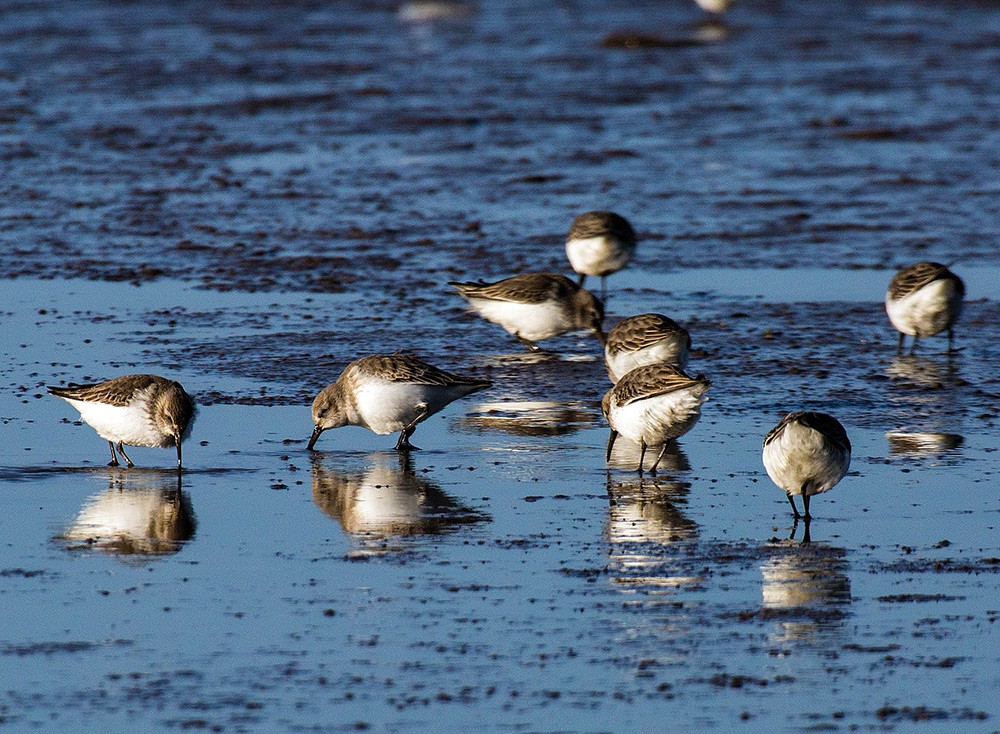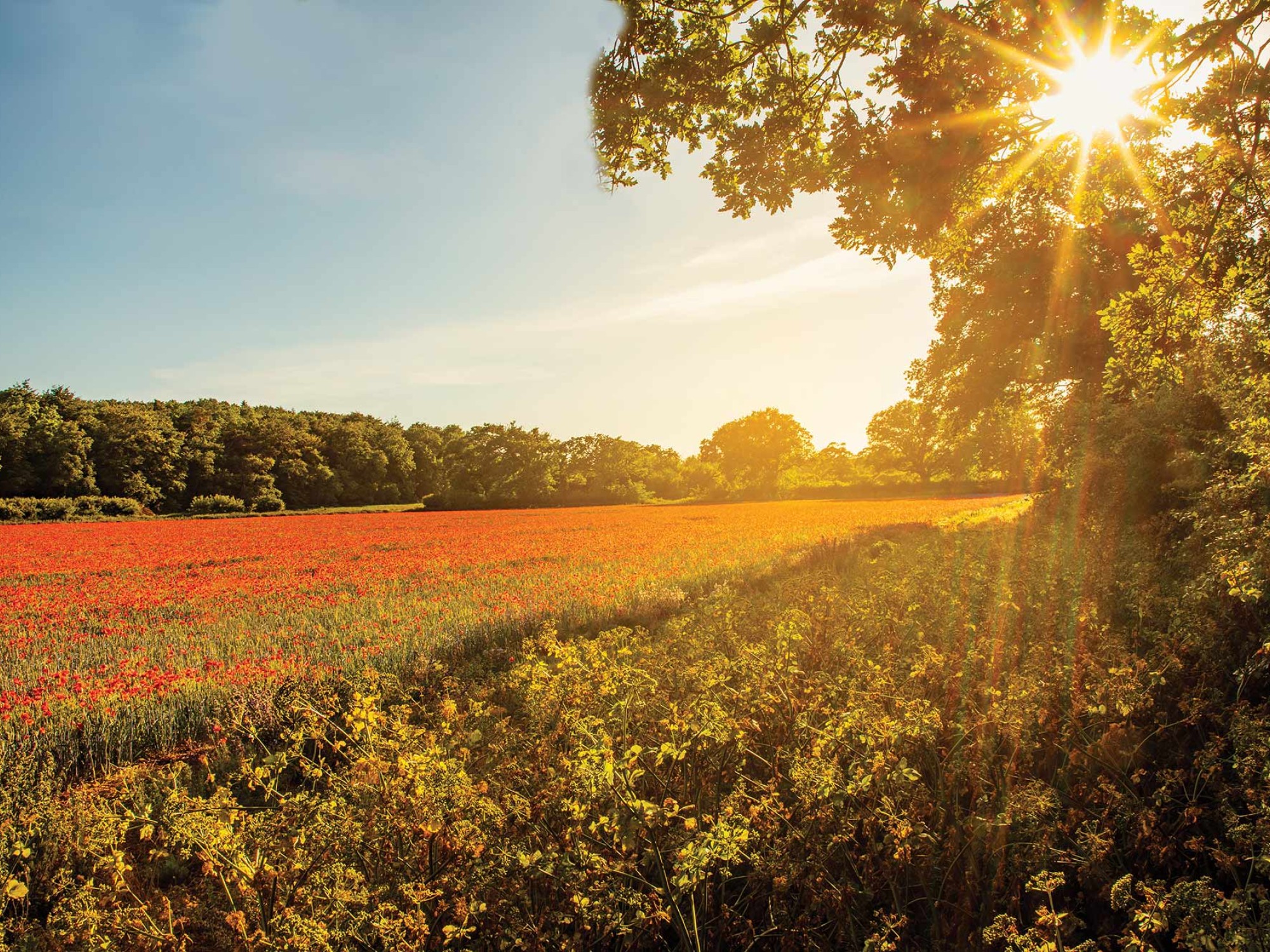
Welcome to the future of the UK’s nature recovery
This year’s season of the BBC’s hugely-popular Springwatch brought the initiatives of the team at Wild Ken Hill to an international audience and pointed the way to the future...
The naturalist, nature photographer, television presenter and author Chris Packham needs little introduction, but with Springwatch 2021 he introduced the world to a new way of farming and a new way of working with wildlife.
“We came to Wild Ken Hill looking for a vision for the future, and I think we’ve seen it,” he says. “But that takes courage. It’s hard to change your mind and what you do - particularly when you risk making mistakes or alienating your peers. You’ve got to be brave to lead, and I think that this place is leading. Wild Ken Hill is leading to a better farmed landscape for wildlife and people.”
This spring a crew of some 30 people descended upon Wild Ken Hill to coordinate the programme from a large barn packed with television monitors and miles of cables showing live feeds from more than 30 cameras - which were watched 20 hours a day so that nothing was missed.
And this multi-habitat location was full of surprises for the viewing public.
“The freshmarsh at Wild Ken Hill contains 5% of the whole UK’s breeding avocet population,” says Andrew Waddison of Wild Ken Hill. “The whole site covers some 4,000 acres, and we have over 2,500 species of wildlife making a home here. There has been so much to see - and the BBC told us they’ve never seen anything quite like it.”
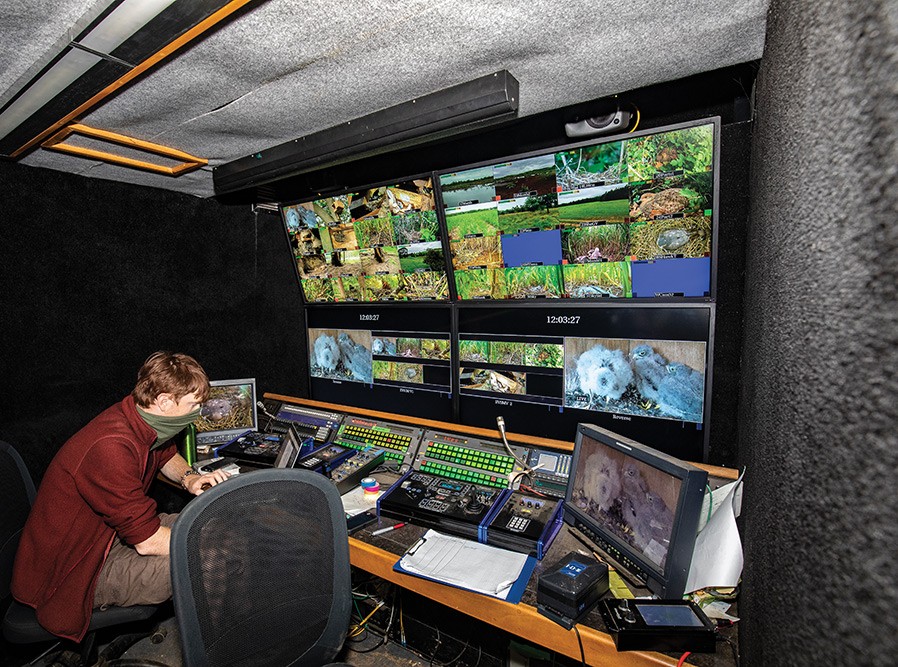
The estate’s Project Manager Dominic Buscall is equally pleased about having Wild Ken Hill on the national nature map.
“Having Springwatch here has been amazing for raising awareness about what we’re doing here,” he says. “We have brought ideas like rewilding and regenerative farming to mainstream audiences and that’s really, really exciting - because we believe these might hold the key to nature recovery in the UK.”
With the programme committed to helping people think differently about the natural environment, the choice of Wild Ken Hill was an easy one as it’s the exemplar of what can be done in terms of regenerative farming and land management.
“We’re employing traditional conservation methods on the marshes,” says Andrew Waddison, “managing the water that flows through it, protecting it and ensuring it’s a suitable habitat for rare species.”
Precious wading birds such as avocets and lapwings nest on the marshes, and since the project began two years ago, there’s already been an increase in the number of birds choosing to settle there.
“We’re also using regenerative farming on much of the farm,” says Andrew. “We haven’t used insecticides for ten years and we are reducing reliance on fungicides and chemicals, allowing nature to work for us.”
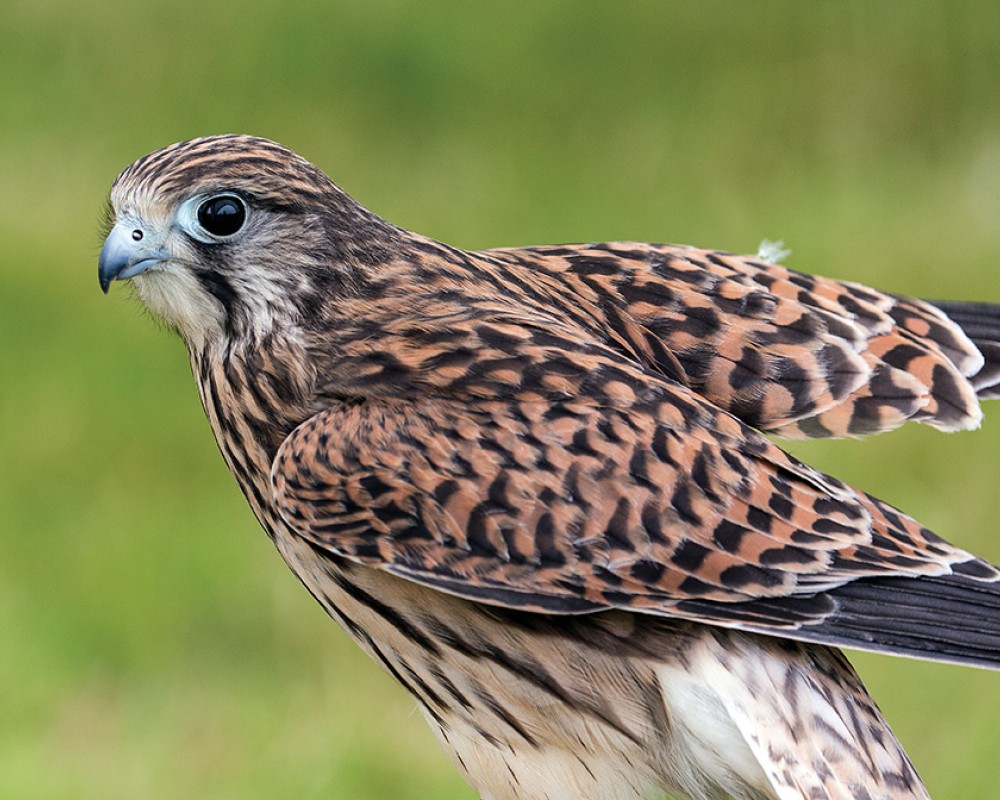
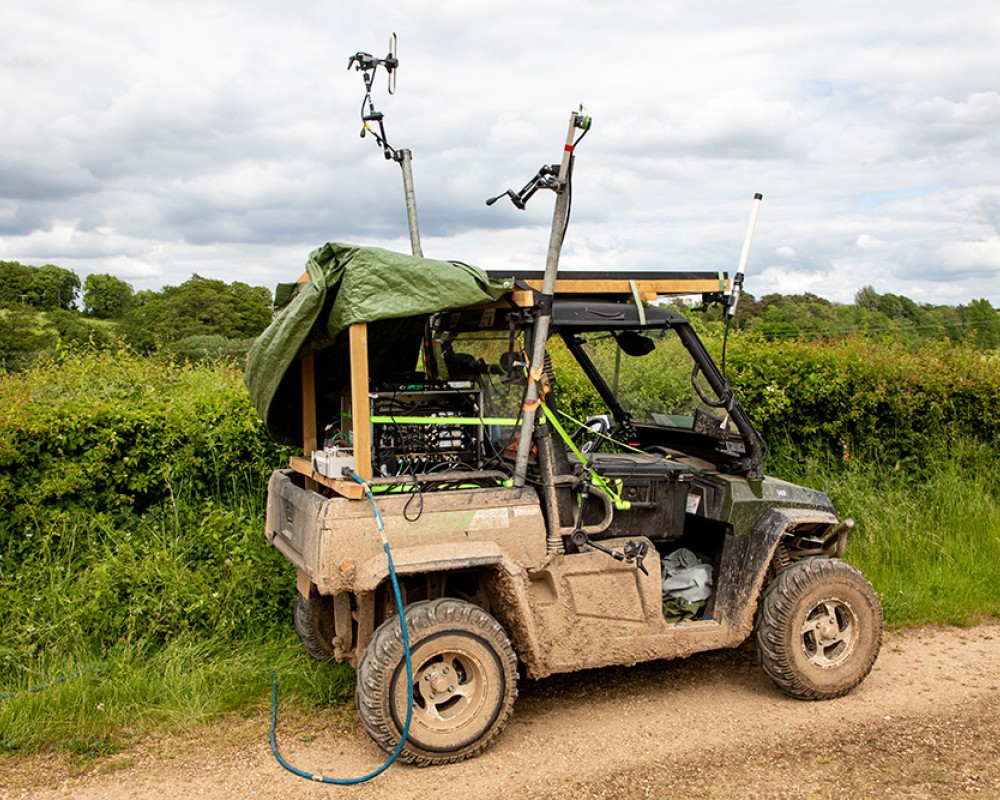
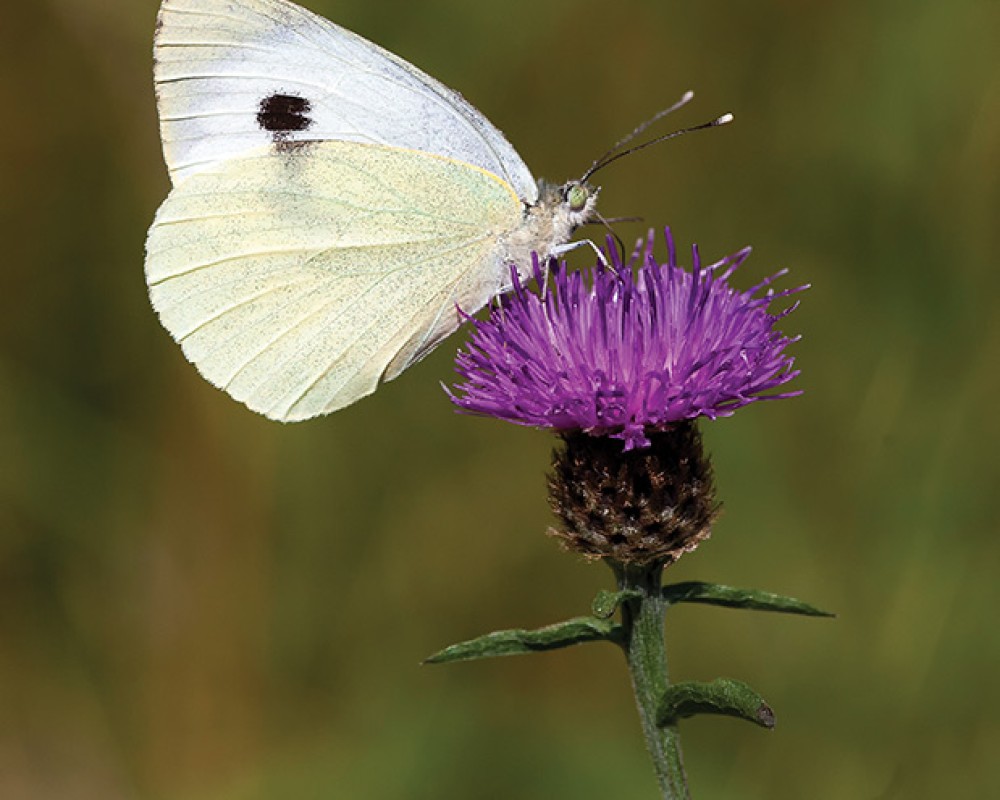
In addition to increasing biodiversity, this farming model returns the soil to its natural state. It can store carbon more easily, creating nutrients for other plants and helping the fight against climate change.
“We’re also having a great deal of success with rewilding,” says Andrew. “We’re letting nature take over much of the estate, returning it to how it should be - and what it once was.”
One of the main methods used to kickstart the rewilding process is the introduction of free-roaming livestock.
“We’ve got Tamworth pigs, Exmoor ponies, and Red Poll cattle roaming free,” says Andrew. “They all play their part by grazing and turning over the soil, and distributing wild seeds that may have been in the ground for hundreds of years. Even in a short space of time we’re already getting wild meadows on land that had been over-worked and barren. It’s great to see.”
Around 55 acres has been dedicated to the estate’s four beavers, making it three times bigger than Buckingham Palace and the largest beaver enclosure in England. Since their introduction last summer, the beavers have already begun transforming the landscape, forming new ponds, improving water quality and creating a diverse wetland wood environment.
Limited intervention is a key aspect of rewilding, and to manage this, fences have been put up around the perimeter of the farm to minimise human interaction with wildlife.
Unfortunately, the team still runs into problems.
“We want to create a space for nature to thrive and for everyone to enjoy and appreciate,” says Andrew, “but simply letting a dog off the lead can cause a lot of damage. In some of our fields, it looks like there’s nothing in them. But in reality there are probably four skylarks or lapwings in each one. In an hour, one dog could wipe them out.”
The project is going extraordinarily well, and everyone involved is astonished at just how quickly nature is recovering. The changes in farming techniques are expected to produce fewer greenhouse gases and improve the health of the food grown, while additionally creating access to greenspaces that’s known to have a positive impact on our mental and physical wellbeing
The team at Wild Ken Hill is eager to educate everyone interested in their work, and guided tours around the site are available to book focusing on different aspects of the project - and land managers and farmers thinking of adopting this approach are encouraged to get in touch to learn more.
“This isn’t just a case of changing our farming methods because we wanted to try something new,” says Andrew. “We’ve all got to do better to look after nature and our planet before it’s too late.”
It’s a forward-thinking view that’s refreshingly optimistic, and one that Springwatch presenter Michaela Strachan fully endorses.
“This progressive thinking and will to work alongside wildlife has given us the opportunity to look into a fabulous variety of nests - some of which we’ve never had on Springwatch before,” she says. “The spectacular marsh harrier was once the rarest breeding bird in Britain, but it’s now thriving in Norfolk. And I’ve seen more brown hares in the last three weeks than I have in my lifetime. It makes you think that there is hope for our wildlife.”
And for people already missing this look at a bright future for our envirionment and it wildlife, don’t worry - because the BBC will be back at Wild Ken Hill later this year for Autumnwatch.
